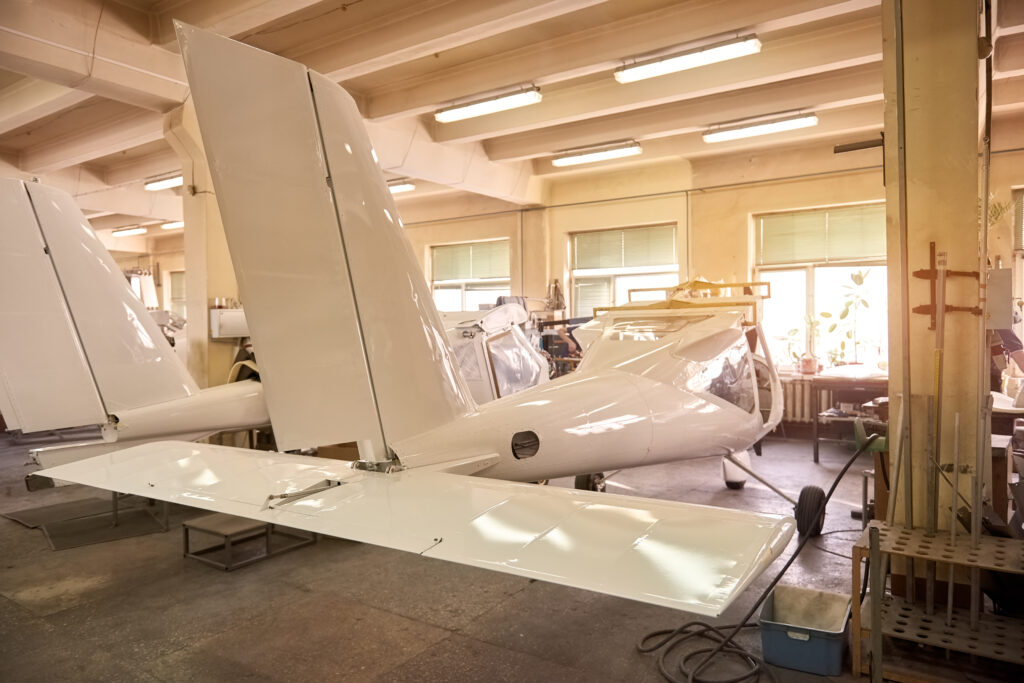As the world grapples with the challenges of climate change and resource depletion, sustainable manufacturing practices have become a critical focus for industries worldwide. One key player in this transformation is the connected worker, empowered by innovative digital tools like FAT FINGER. This article explores the role of Connected workers in driving sustainable manufacturing practices and how tools like FAT FINGER can facilitate this transition.
Understanding the Connected Worker
The connected worker is a modern professional who leverages digital technologies to enhance productivity, safety, and efficiency in the workplace. These technologies range from mobile devices and wearable tech to advanced software platforms like FAT FINGER, which offers a suite of features including a drag & drop workflow builder, mobile & desktop workflows, dashboards, integrations, augmented reality, IoT device connectivity, and artificial intelligence coaching.
Connected Workers and Sustainable Manufacturing

Connected workers play a pivotal role in sustainable manufacturing in several ways:
- Enhanced Efficiency: By leveraging digital tools, Connected workers can streamline operations, reducing waste and energy consumption.
- Improved Safety: Tools like FAT FINGER’s safety solutions, including Take 5 Safety, Near Miss Reporting, and Incident Reporting, help ensure worker safety, a key aspect of sustainable manufacturing.
- Proactive Maintenance: With features like Work Order Checklist, Mobile Asset Inspection, and Predictive Maintenance, FAT FINGER enables Connected workers to carry out proactive maintenance, preventing costly breakdowns and reducing resource use.
Case Study: FAT FINGER in Action

A prime example of the role of Connected workers in sustainable manufacturing is seen in the use of FAT FINGER’s digital workflow procedure builder. This tool empowers front-line teams to perform their work correctly every time, unlocking operational excellence and contributing to sustainability.
For instance, the Quality Control and Shift Handover features ensure seamless transitions between shifts, reducing downtime and energy waste. Similarly, the Preventive Maintenance Inspection feature allows for regular equipment checks, preventing breakdowns that could lead to resource-intensive repairs.
Statistics Highlighting the Impact
According to a report by Deloitte, companies that have embraced digital transformation, including the use of tools like FAT FINGER, have seen a 20% reduction in energy consumption and a 12% drop in carbon footprint. Furthermore, these companies have reported a 19% increase in employee productivity, demonstrating the dual benefits of sustainability and efficiency.
Conclusion
The role of Connected workers in sustainable manufacturing practices is undeniable. By leveraging digital tools like FAT FINGER, these professionals can drive efficiency, safety, and proactive maintenance, all of which contribute to sustainability. As the world continues to strive for a greener future, the importance of Connected workers and digital transformation in manufacturing will only grow.
Ready to empower your front-line teams and drive sustainable manufacturing practices in your organization? Sign up for FAT FINGER or request a demo today.


